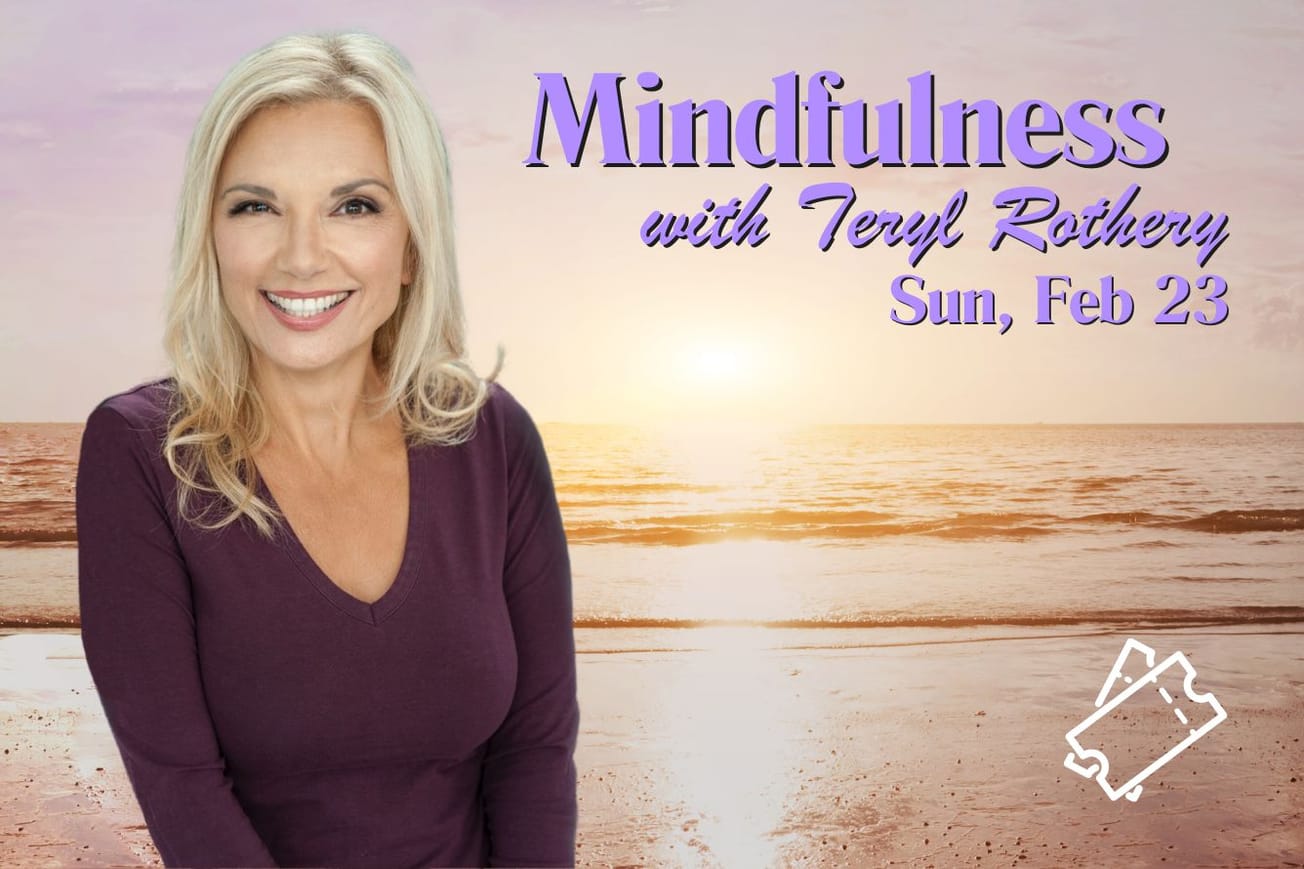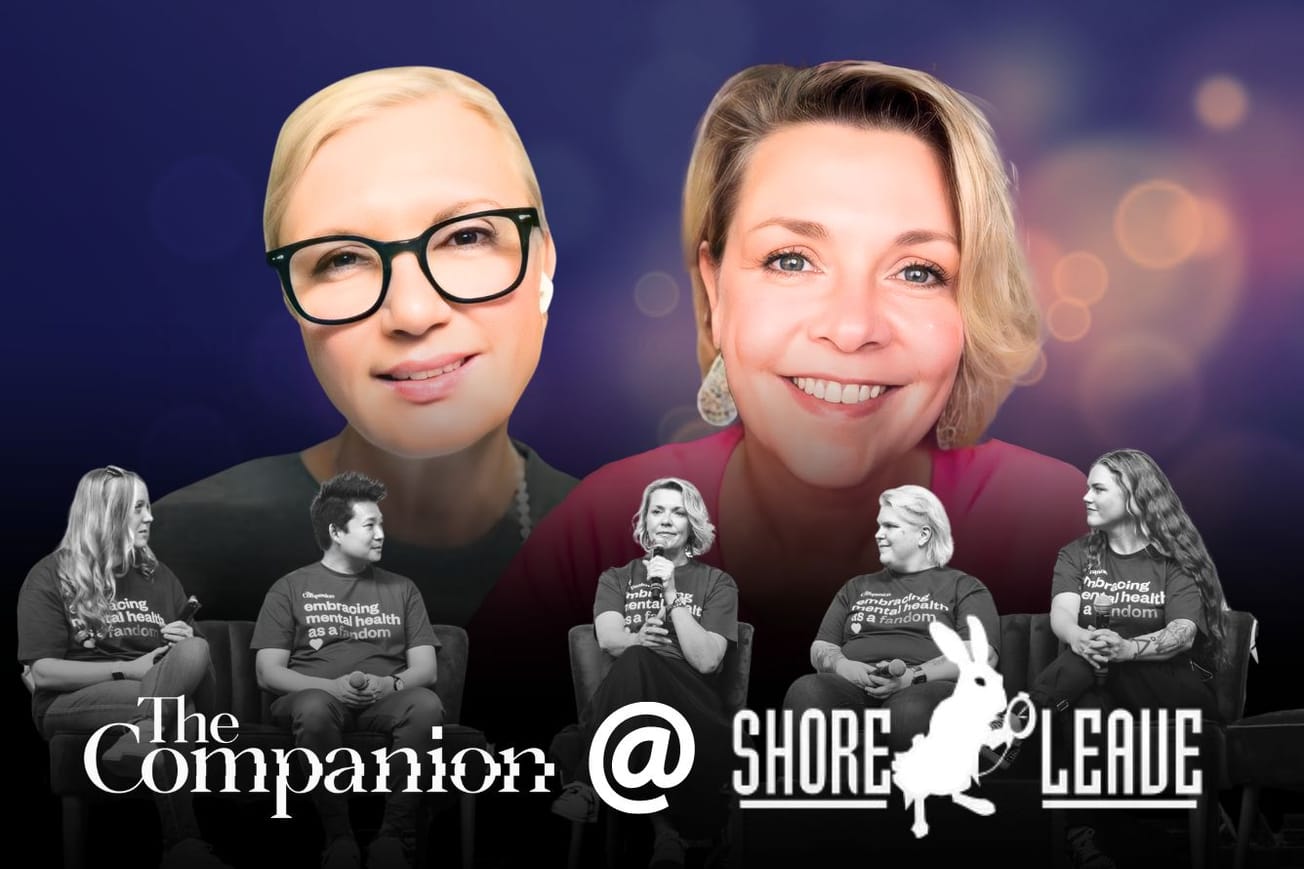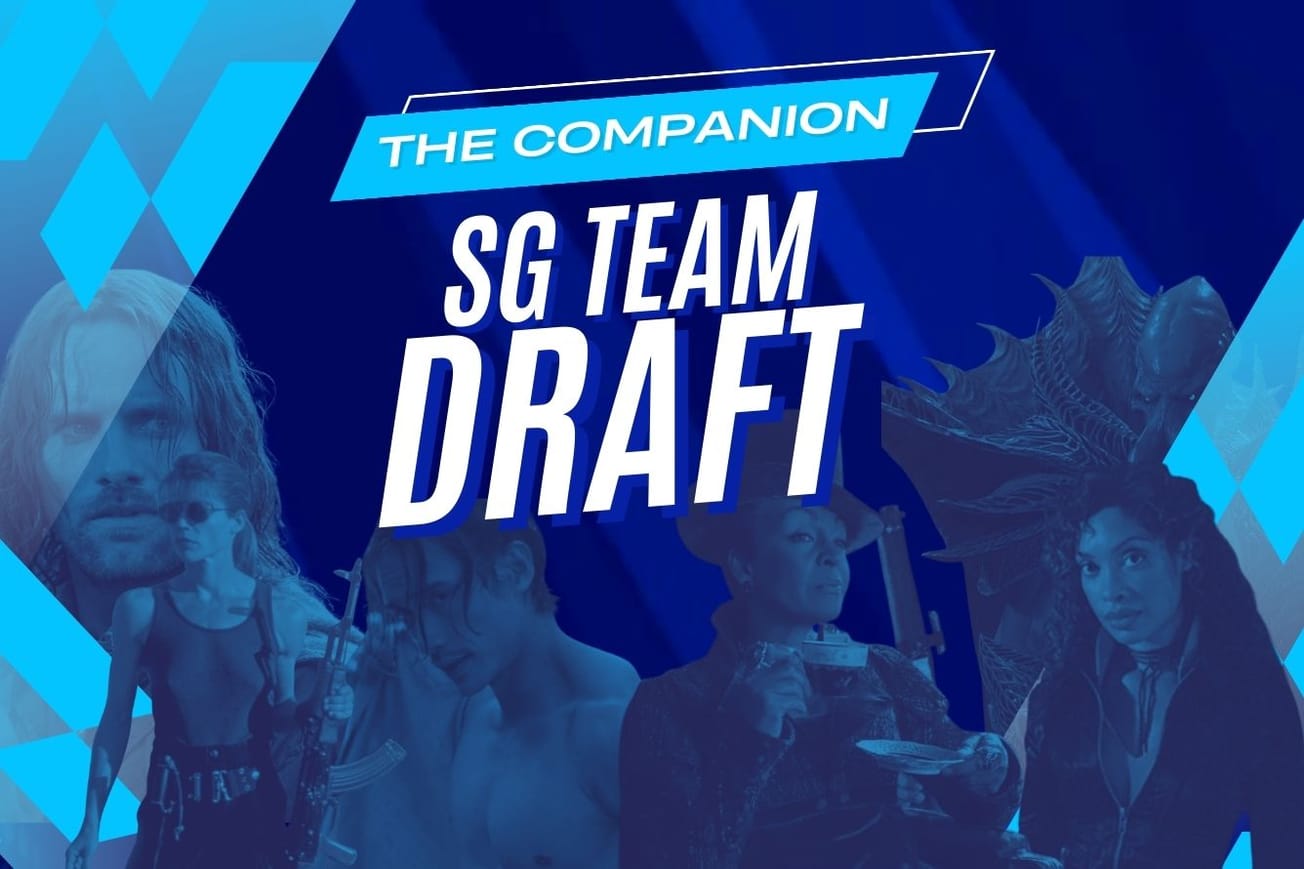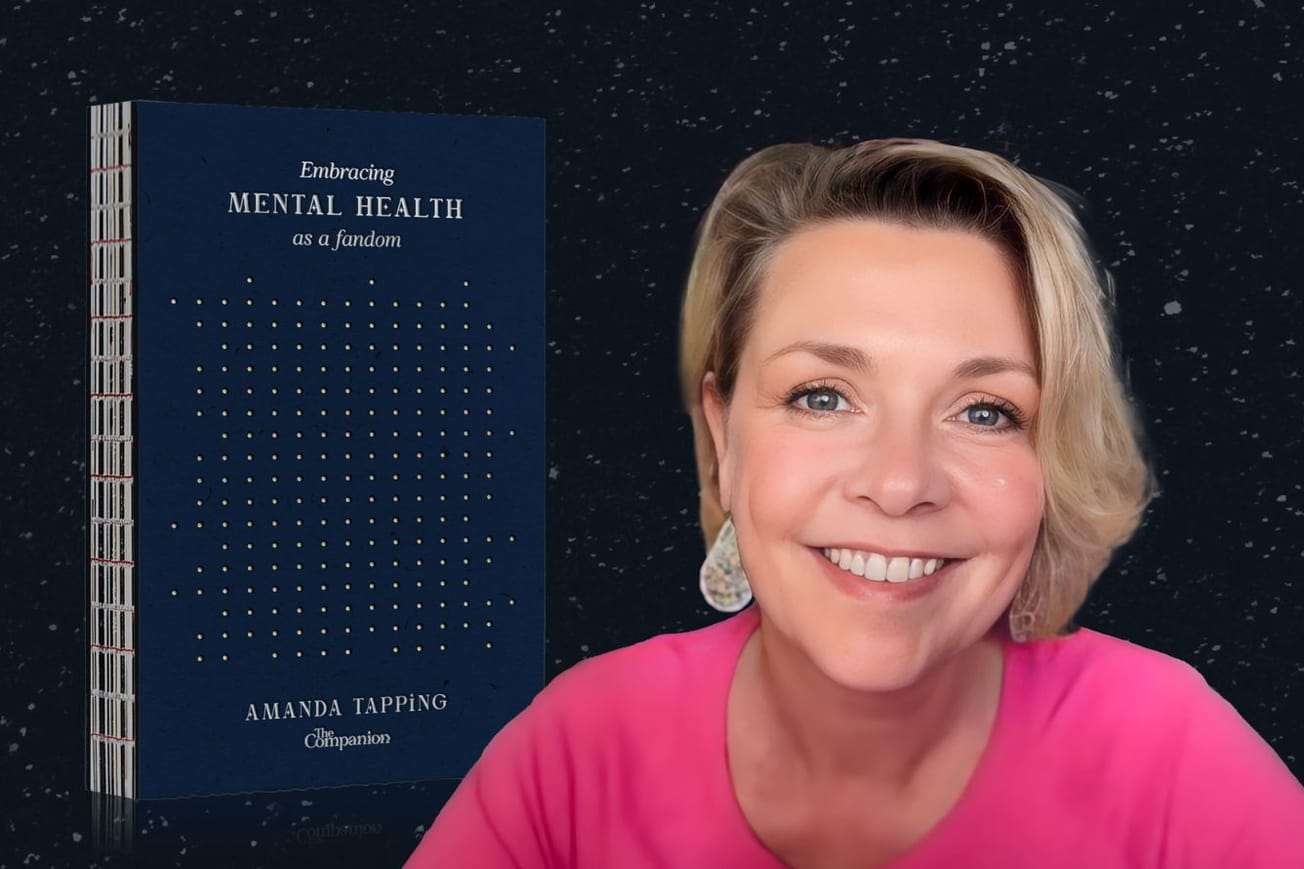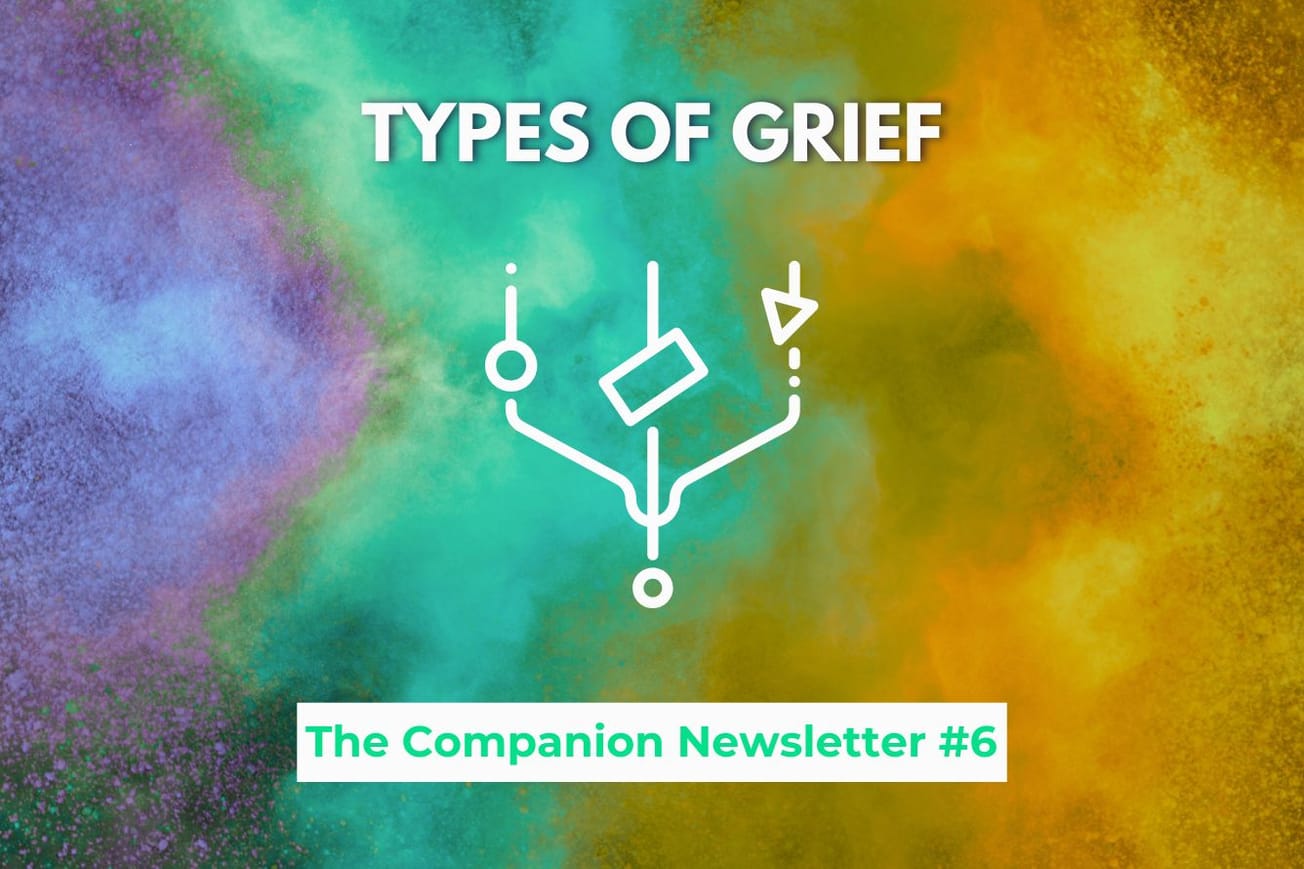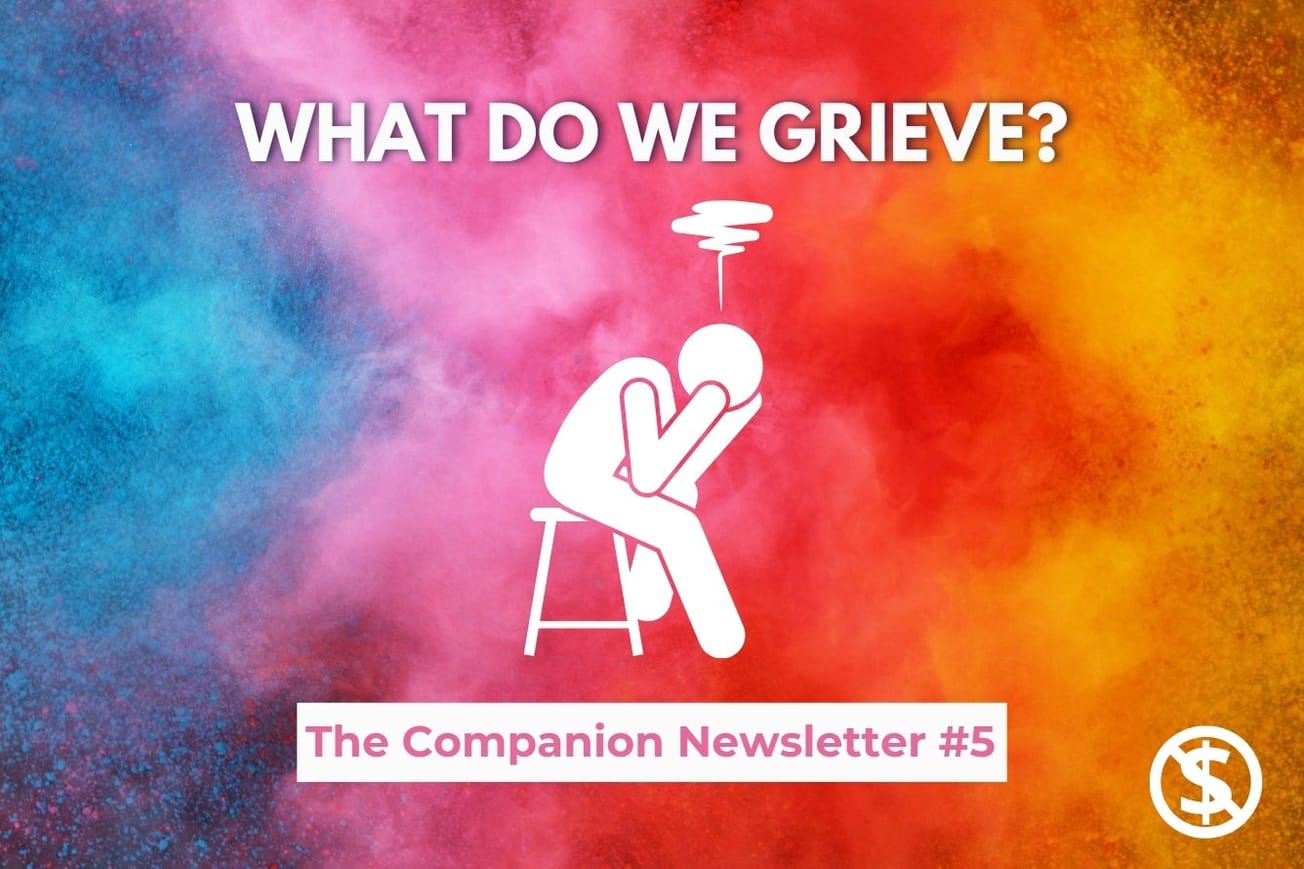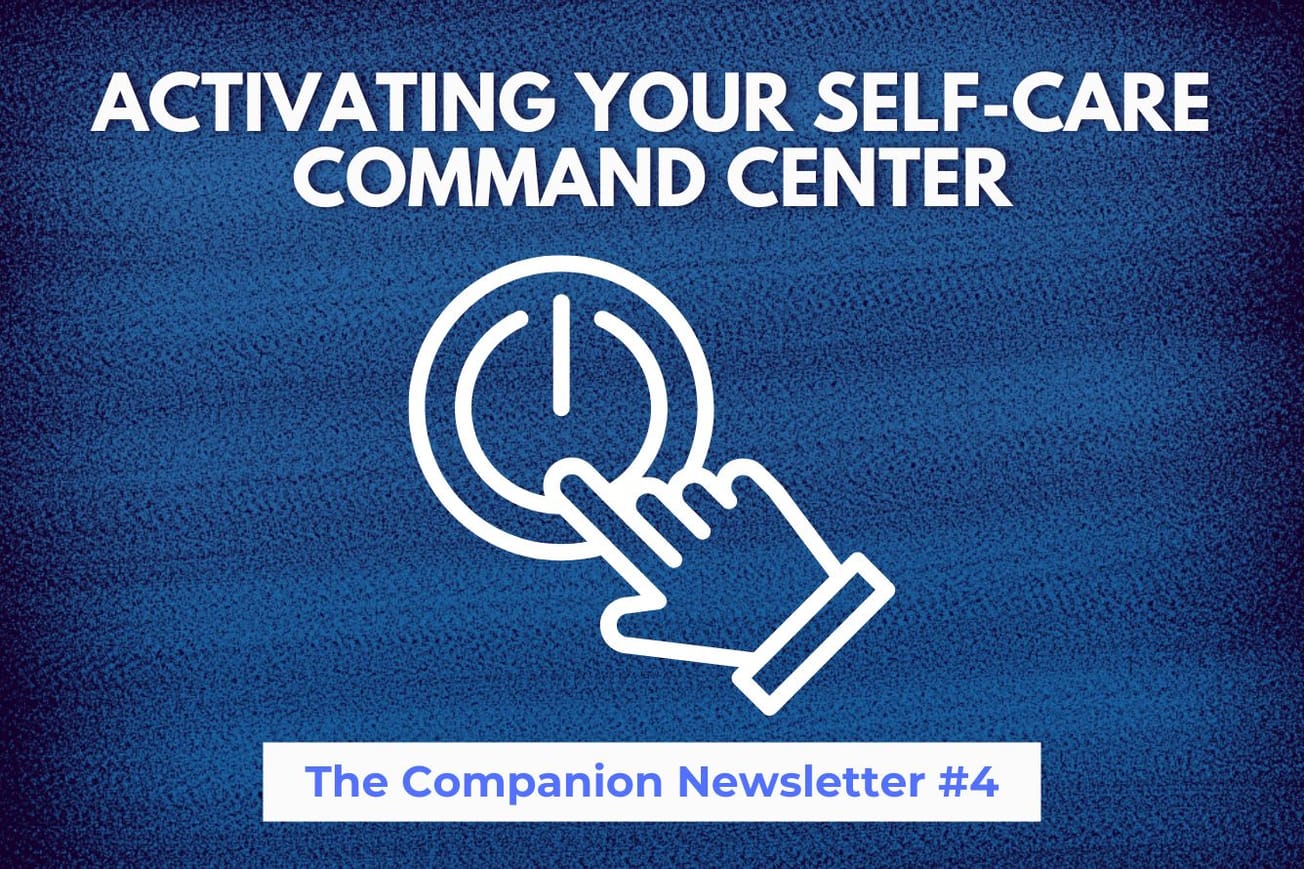Whilst the mainstreaming of fandom might cause some older hands to grind their teeth and jab needles into their Sheldon poppets, the consequence is not insignificant: the image of geeks as antisocial freaks and weirdos has been largely banished. Dungeons & Dragons is huge, esports is an industry, and summer blockbusters are pulled from relatively obscure Silver Age comics.
Although the suggestion that fandom is inherently negative is on the wane, one thing the rest of the world has proven slow to acknowledge is just how much good it can do.
“The nature of pop cultural fan studies has been extremely negative for most of its life, while the nature of sports fan studies has been positive,” says Cynthia Vinney, a specialist in media psychology and co-author of Finding Truth in Fiction: What Fan Culture Gets Right— and Why It’s Good to Get Lost in a Story (2020). She blames sexism and moral panics of the last century for holding us back.
“A lot of this has to do with the perception that only girls and dorky guys are part of pop culture fandom,” Vinney says.
Amanda Tapping: Embracing Mental Health as a Fandom
We’re redressing the balance. Amanda Tapping: Embracing Mental Health as a Fandom was a live interview hosted by The Companion’s Rebecca Davis, with breakout meet and greet sessions for groups of five held afterward on The Companion Green Room.
Tapping, star of Stargate SG-1, Sanctuary, and Supernatural, and director of shows as diverse as Primeval: New World, Continuum, Travelers, The Flash, Batwoman, and now Motherland: Fort Salem, on which she also serves as executive producer, is passionate about mental health, and no stranger to the awesome power of fandom.
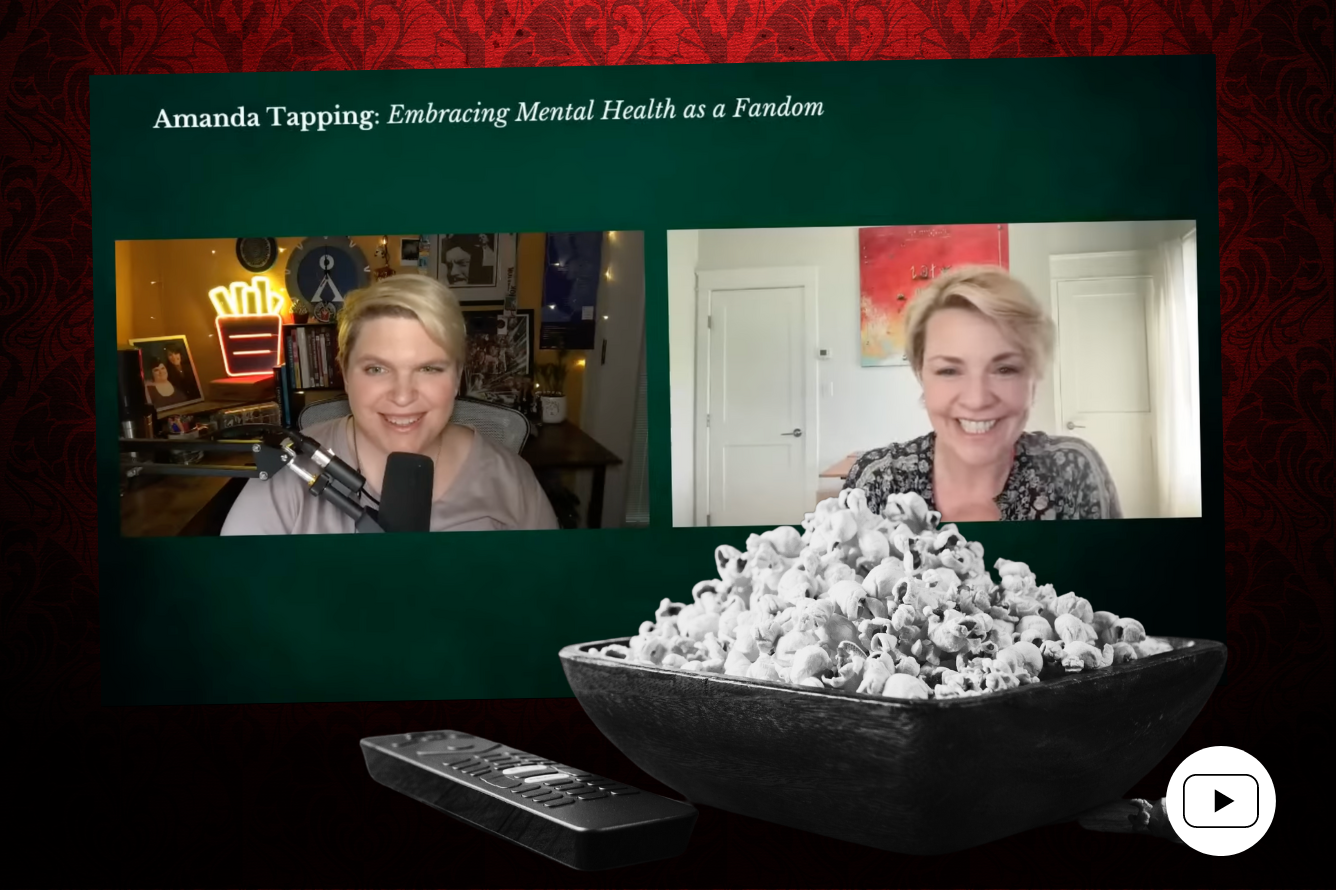
Over the hour-long interview, Tapping heard (with their permission) stories submitted by fans about how Stargate SG-1 fandom had helped them and shared her own experiences. Ticket sales went towards Tapping’s choice of mental health charities, and if you missed out – you’re invited to donate to NAMI in the US, Kids Help Phone in Canada, or Mind in the UK.
“The only thing I can say to that is that it works both ways,” she said. “And that in my hours of darkness, the fandom has helped me see the light and feel okay. It’s not that you’re just helping each other. You certainly helped me and I know a lot of other actors who go ‘Oh, people do care’ and ‘People do like us.’
“It’s really important to me to connect to fans when I meet them. It’s given me a whole other world of experience. But it does it goes both ways. It absolutely goes both ways. I‘ve been lifted up out of fires more times than you guys could possibly know, by your kindness and your generosity and your love.”
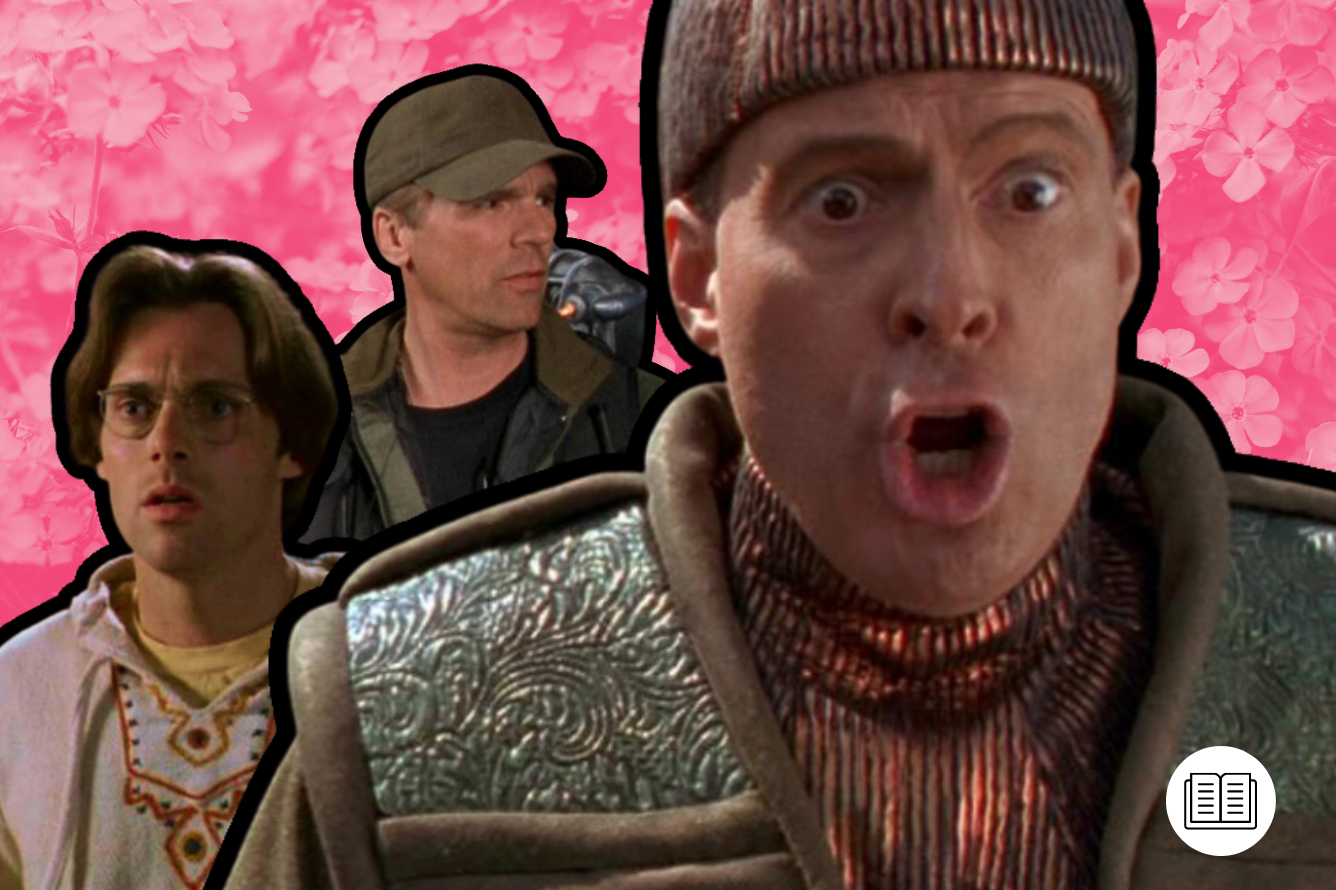
Why Fandom Friendships Work Out
“I found Stargate at a time when I was struggling a lot with mental health and family issues,” wrote Nad. “Meeting fellow Amanda fans online and eventually in person at GABIT. The GABIT event helped me through the times when I had no will to live left.
“I met my best friend through this fandom. I know I helped them through their mom’s death. They’ve been sheltering me for the past 10 years after I made the choice to leave home and abandoned my education so I could have a chance at continuing to live TL;DR Amanda’s fandom saved my life.”
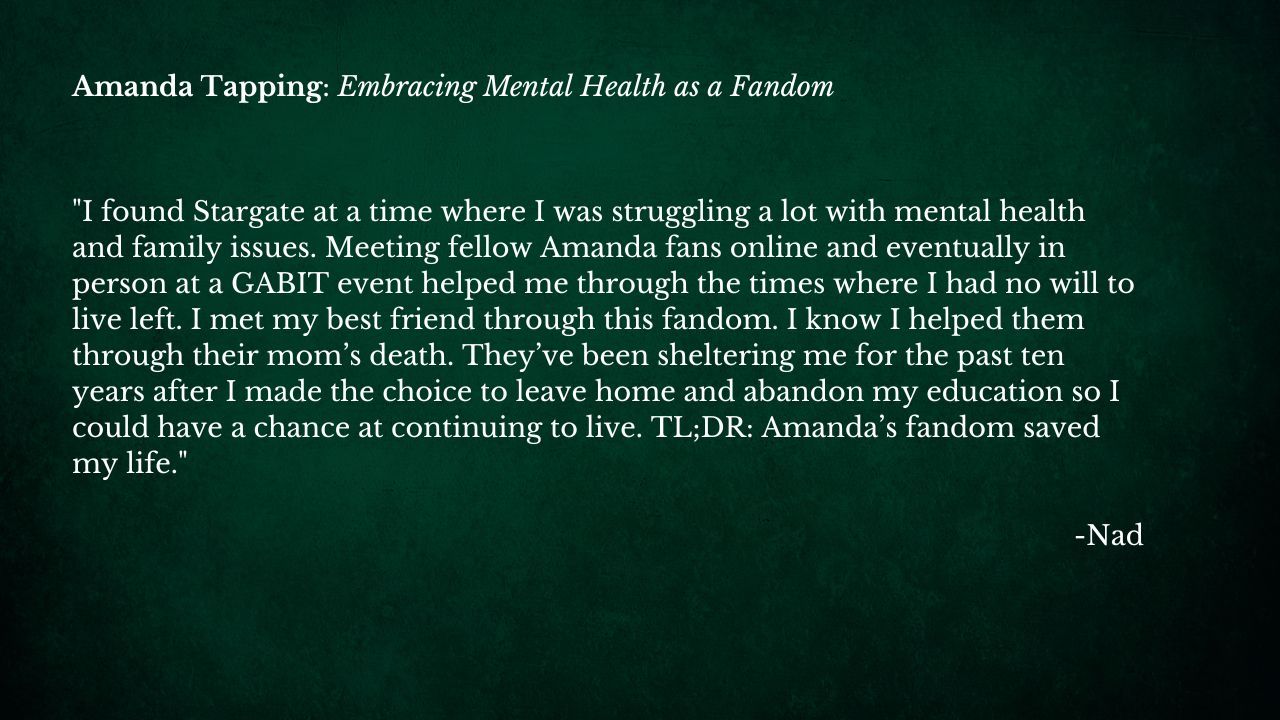
GABIT, which ran from 2002 to 2022, organized charity conventions and other events around Amanda Tapping – hence the initialism “Get Amanda Back In Town.” Fans regularly came from across the globe for the shared experience.
“Because it was so small, such a small, intimate event – the connection was so strong,” said Tapping. “They called it the friendship factory. And it really was, but I think sci-fi fandom overall is kind of a friendship factory.”
Cynthia Vinney agrees that fandom acts as a great icebreaker. This surely rings true for anyone who has ever struck up a conversation with a stranger in an autograph queue, and, along with sporting events and music festivals, where else do we have the conversational safety net of knowing that we share common ground with a total stranger?
“Fandom is sort of the perfect jumping-off point,” she explains. “It centers on a show or movie that everyone there loves but has slightly different opinions on. People can use that as the beginning of talk and then break into larger conversations. It’s like setting people up with water cooler conversations but then having the time to get more serious. In the process, people become close friends.”
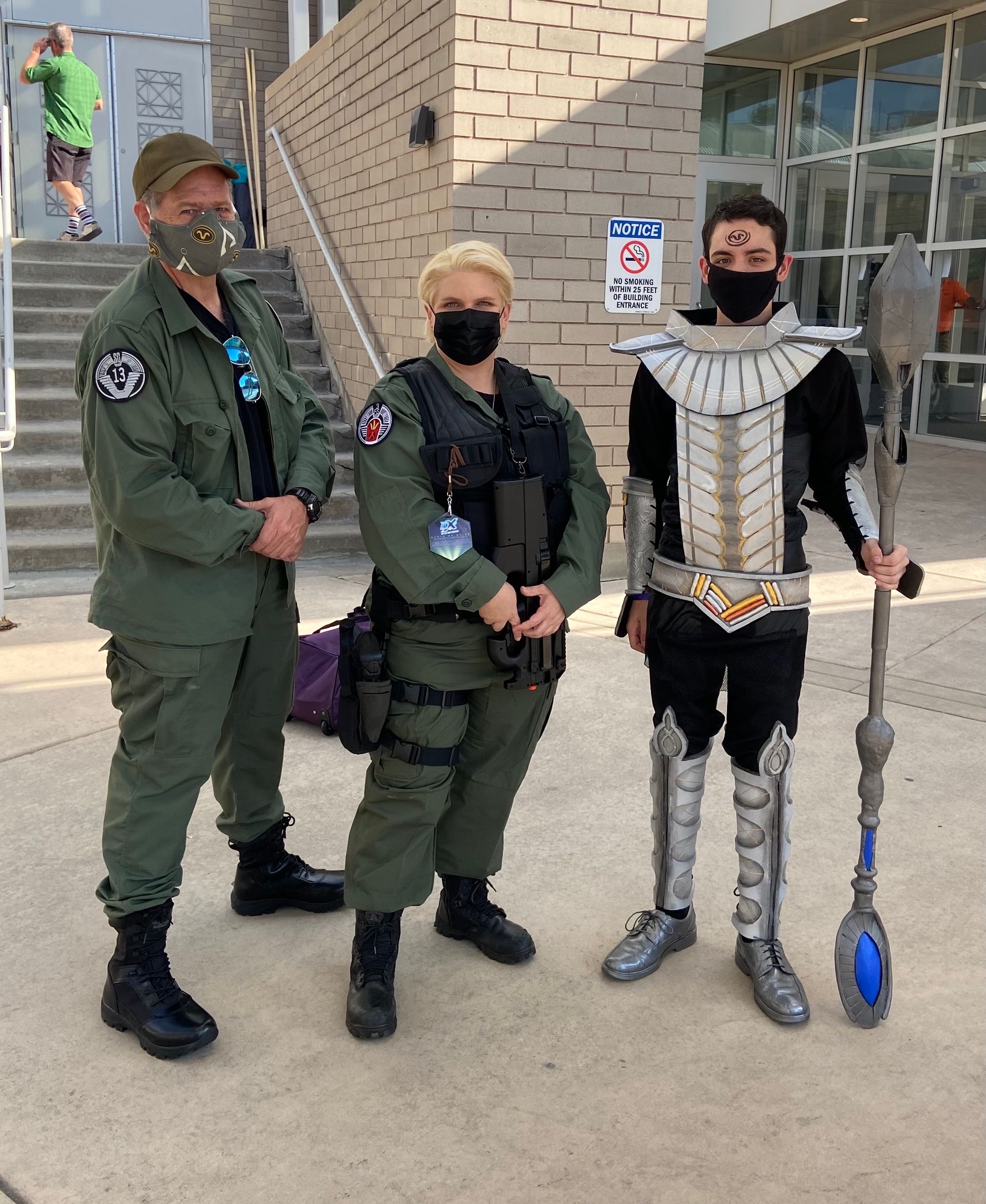
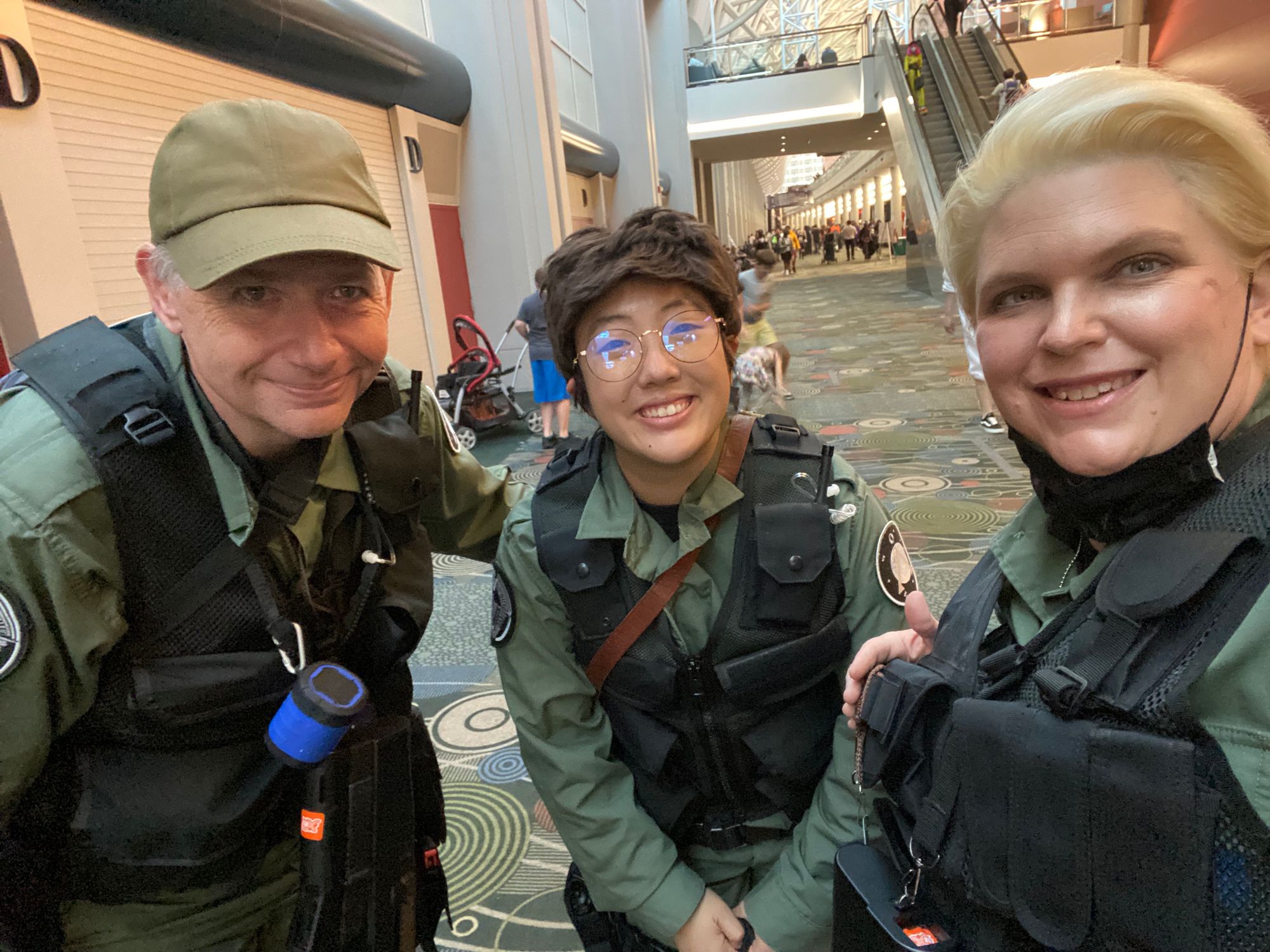
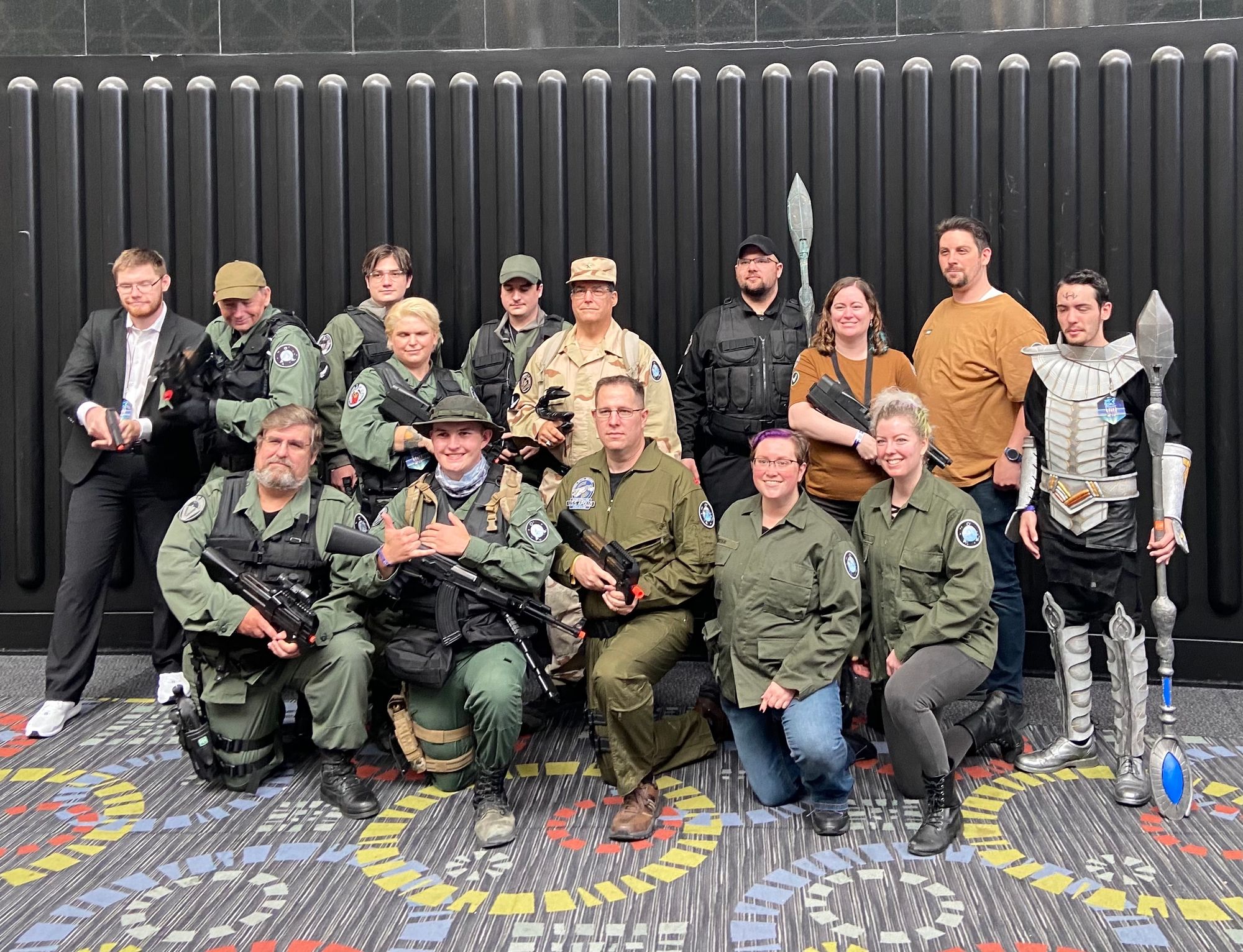
“Being in fandom often allows people to be a more authentic version of themselves, in a way that perhaps some people can’t be elsewhere in their life,” adds counselor Meredith Hrebenak, self-confessed Supernatural fangirl, “and when someone can be more authentic, they can have more rewarding and connected relationships.
“There is an emotional aspect of fandom, perhaps tied in with the ability to be more authentic and also tied to different subject matters that one’s fandom might explore, that allows friendships to grow deeper and more intimate.
These common values that exist outside of the baggage we carry in other parts of our lives might be why so many great fandom friendships have begun online – and why so many of us have fans from across the globe.
“Despite fandom drama, fandoms are generally very welcoming,” says Hrebenak. “All that is required to be part of a fandom is to be a fan of that series/game/musician/person. Many identifiers that might seem more important when starting in-person friendships don’t seem to be as important in fandom relationships, such as age, gender, location, and financial status.”
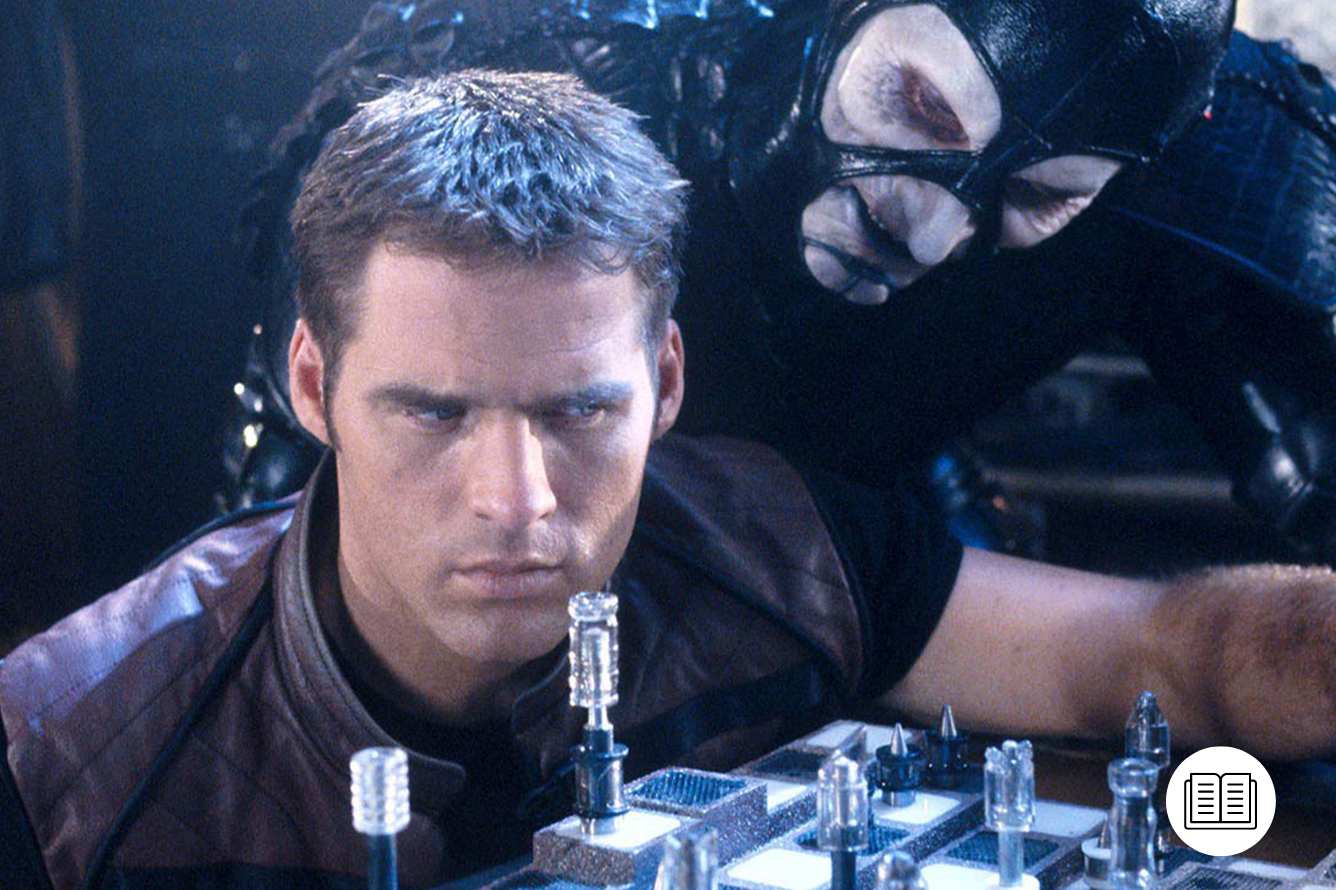
Why Fictional Characters Inspire Us
“I was 11 when Stargate SG-1 aired its first season,” wrote Susan T. “I just lost my father in a car accident. My mom kicked me out and sent me to live with my grandmother all in the span of six months, I was in a very deep depression. I remember identifying with each of the characters on some level: O’Neill for finding a reason to go on after a loss that destroys your whole world; Carter for being the strong woman I wanted to grow up to be; Daniel for teaching me to always try to find the light in the world despite the world constantly dealing you seemingly insurmountable emotional blows, to Teal’c for being forced from everyone and everything he knew into an unfamiliar environment.
“I watched them grow as people as I grew myself, the characters made me laugh when I saw no reason to. The show taught me to fight the good fight, no matter the odds.”
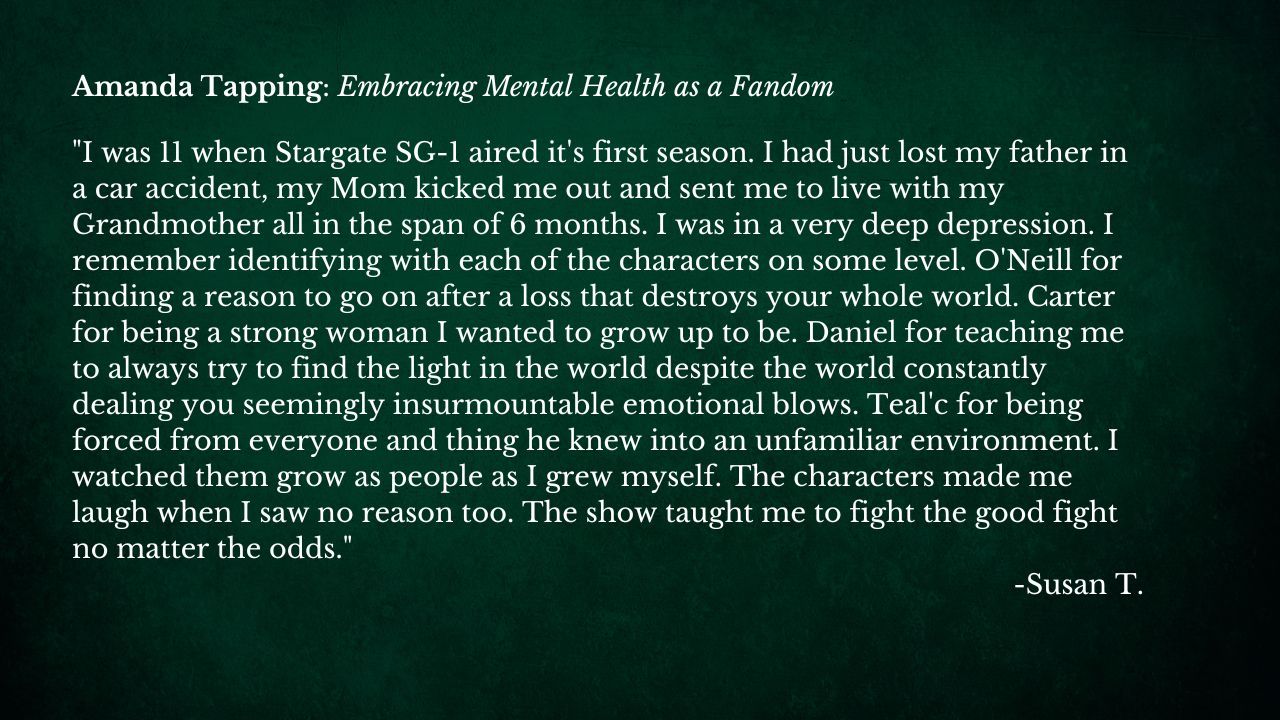
Heroes matter, and perhaps fictional ones have an edge over ‘real’ people: we know what makes them tick, so when they let us down we’re much quicker to forgive, and when they stray from the light, we have empathy from their perspective.
“I think some people may see fictional characters as better heroes and role models because they often can’t truly let us down,” says Hrebenak. “We know their flaws, and even when they make mistakes, we are getting the full picture from being intimately with them in their emotional struggle, including what led them to make certain choices, how they might make amends, and how they might internally suffer and struggle as a result of their mistake, which gives us more empathy and understanding, even if we disagree with their actions.
“A real-life role model, when they make a major mistake, as we see so often these days, we don’t always know or trust what’s truly in their heart. Are they making apologies because they’re genuinely sorry and have learned from their mistakes, or because they’re trying to hold onto sponsorships or votes or fans?”
This is something Amanda Tapping was especially conscious of. Much as the ‘Scully Effect’ saw young women pursue careers in the sciences as a result of The X-Files, the ‘Carter Effect’ transformed Samantha Carter into a role model for any young woman making her way in a predominantly male environment, whether that was astrophysics or armed service.
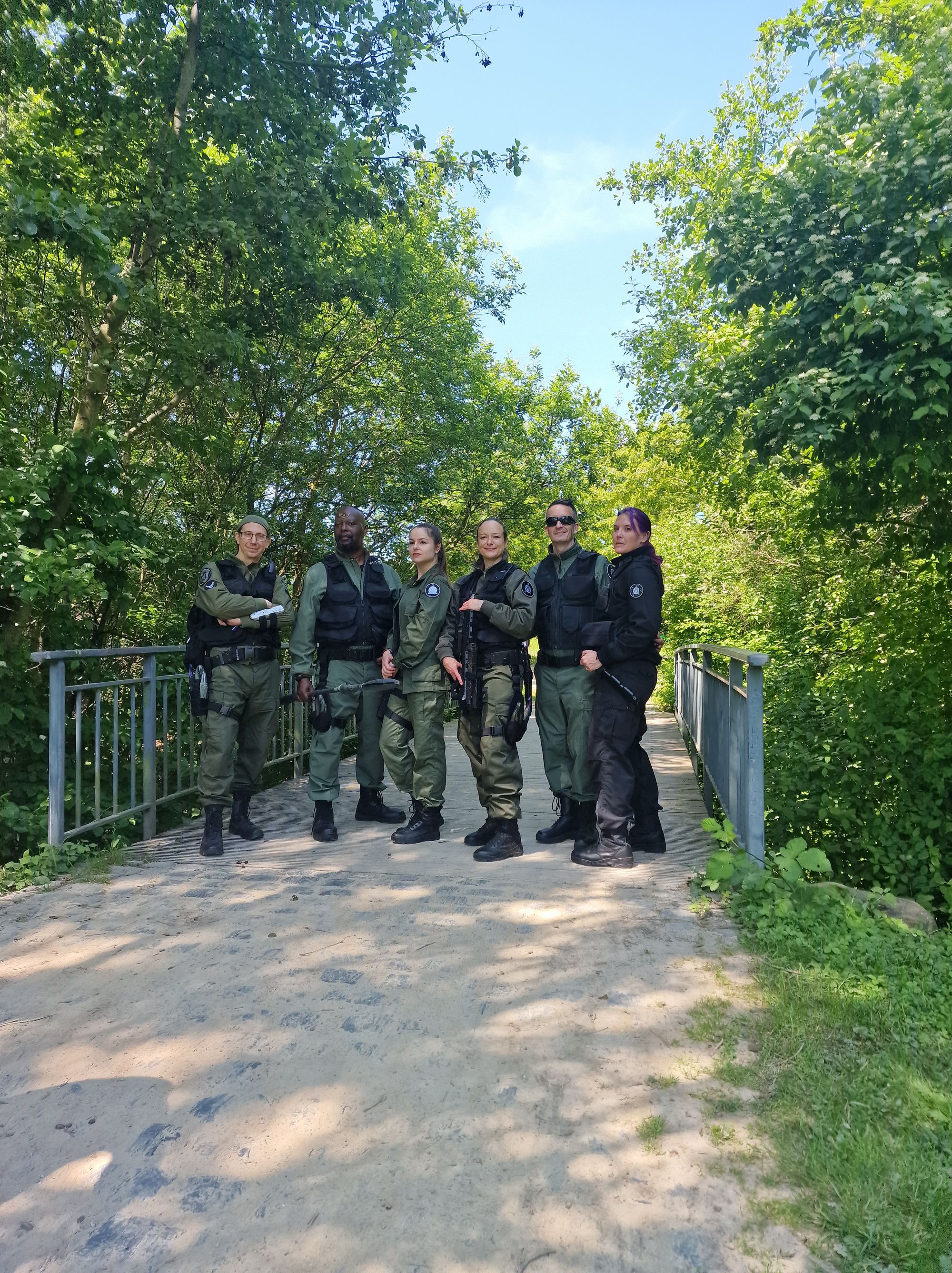
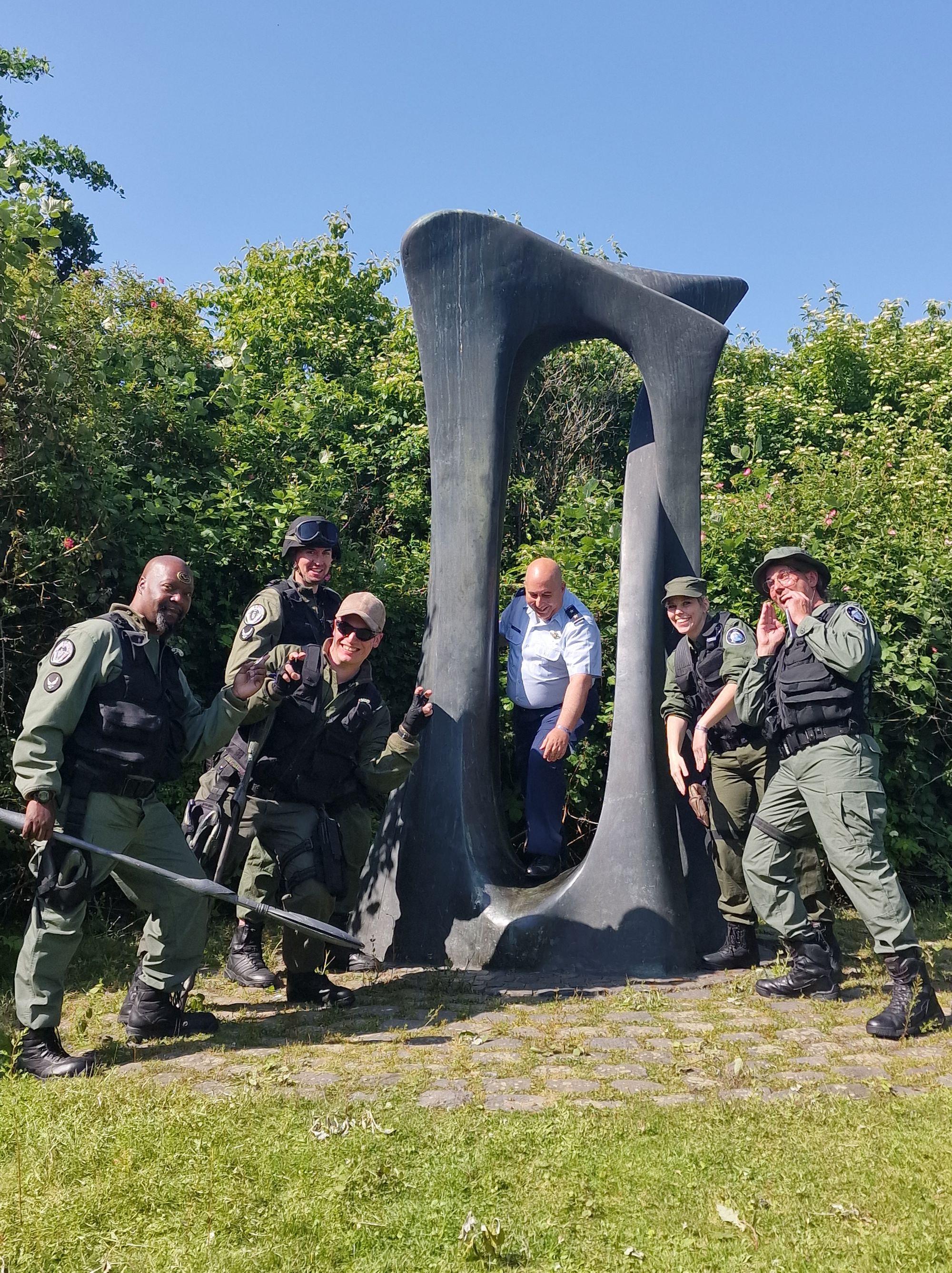
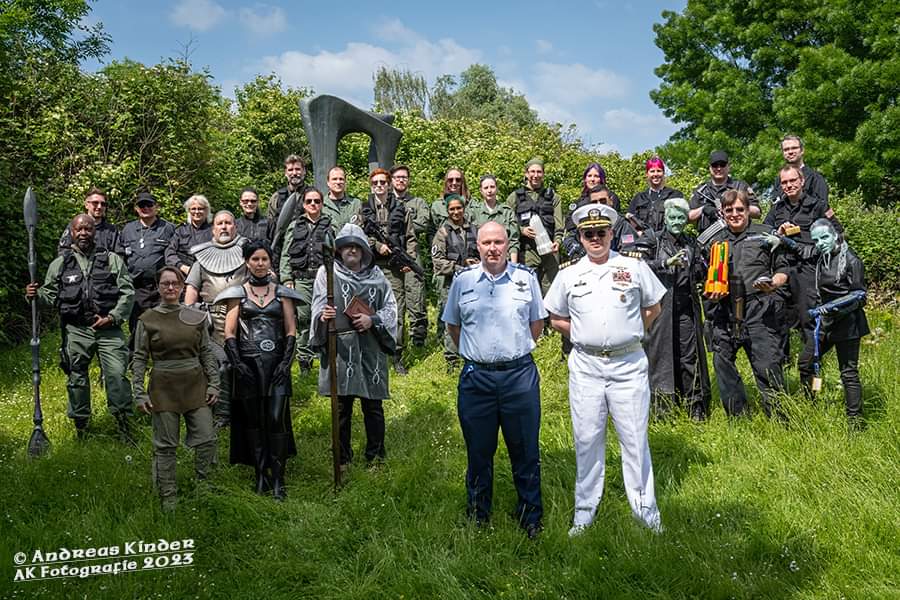
“Probably after [Stargate SG-1] Season 1, maybe partway through Season 2, when we were filming, we started to get fan mail,” she recalled. “And a lot of fan mail, especially from young women telling stories about who they watch the show with and what connection it’s helped them make with certain family members or you know, a million different things, but all of them saying Sam Carter or me or whatever character they were connecting to.
“Suddenly, it was like, okay, Carter really is a big role model for women. I can’t let them screw this up and so I would fight certain things – you know, go up into the office reading a script going, ‘You know, this isn’t quite...’ I was the least confrontational person. There were moments where I would just go ‘We can’t go down this road with her because then it suddenly takes away all of this that we’ve built.’ Knowing the kind of people that were watching the show does change how you look at your work every day.”
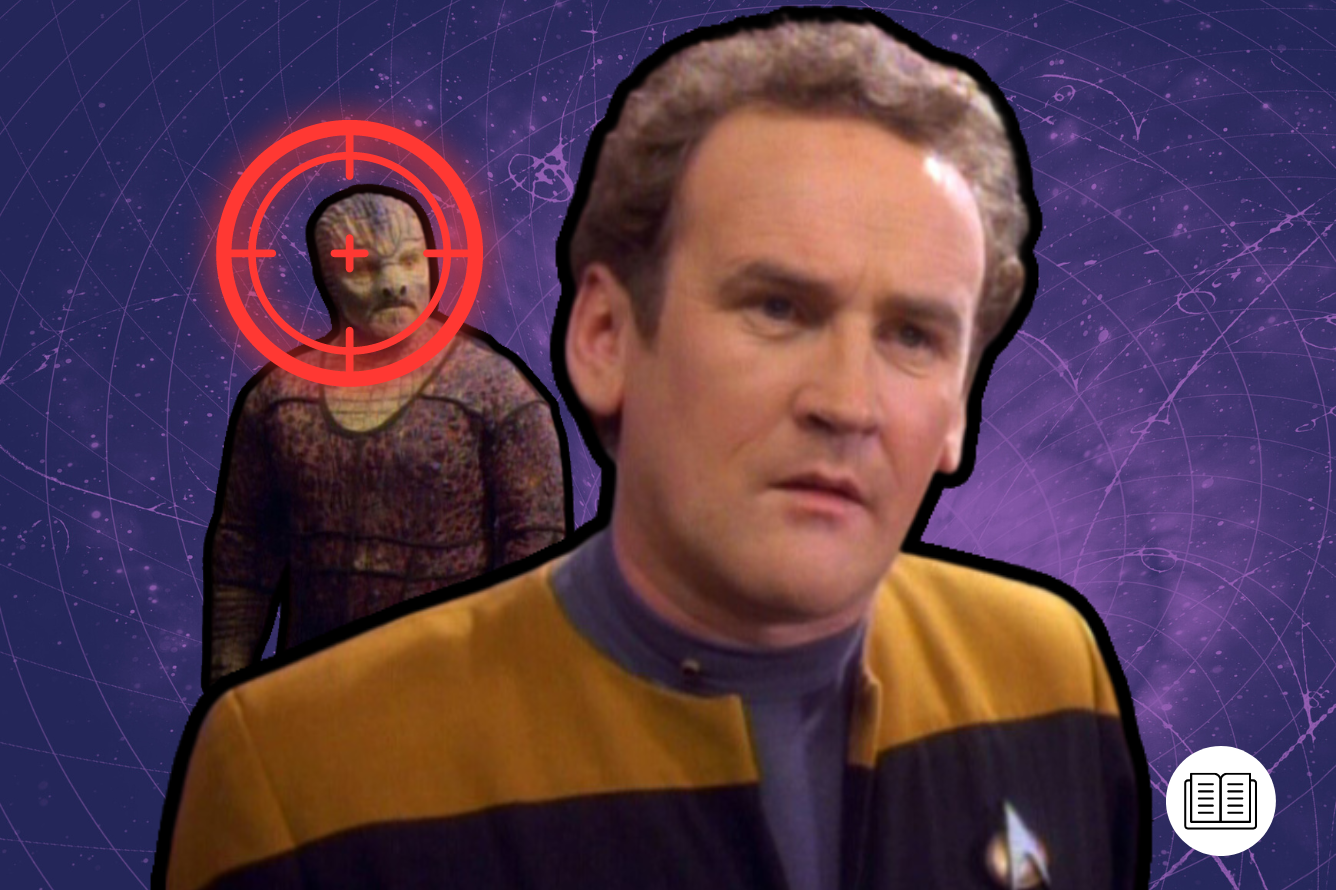
Stargate SG-1 Can Comfort Us – And It Can Challenge Us
But is there a contradiction there, between applicability and escapism? Shows like Stargate SG-1 matter to us because they mirror real dilemmas and challenges, but they’re also flights of fancy. We take inspiration from our core four as they battle grief, overcome chronic illness, or mend dysfunctional relationships, but we also curl up with them like a comfort blanket after a tough day and cheer them on as they see off the System Lords.
“It starts with the comfort blanket,” says Vinney. “Once people get comfortable that’s when it becomes more meaningful. There’s an article by Thalia Goldstein in the research literature that says that people can experience sadness because of a film but they don’t experience anxiety the way they do if the same experience happened in real life. It’s this that may lead to the pleasure we experience in response to film and TV. So while these two benefits may seem contradictory, in reality, they both lead to pleasure.”
Hrebenak agrees that both benefits exist side-by-side. “I think it can often depend on the person or the person’s situation as to how a show or other medium can be used,” she explains. “Often, whether people are in fandom or not, the shows and movies people watch encourage or even force them to examine their own values, confront their own challenges, consider their own problem-solving skills, and come to terms with their own emotions.
“Additionally, a favorite show can unquestionably be used to simply escape, zone out, and self-soothe. People know exactly what to expect from what they’re watching and they can either be totally absorbed in their favorite characters and storylines, or even partially tune it out while completing another task. And perhaps sometimes, someone puts something on with the intention to escape but instead, the content unexpectedly encourages them to self-reflect and connect more with themselves, their problems, and the world than they intended.”
Amanda Tapping might not rewatch Stargate SG-1 when she needs to self-soothe – that would probably have the opposite effect – but she gets it.
“Within my life, there are shows that I watch that I need to just escape to,” she admitted. “If I'm feeling anxious, I’m just gonna watch that episode of Downton Abbey – that’ll calm me down.”
The cost of your membership has allowed us to mentor new writers and allowed us to reflect the diversity of voices within fandom. None of this is possible without you. Thank you. 🙂




